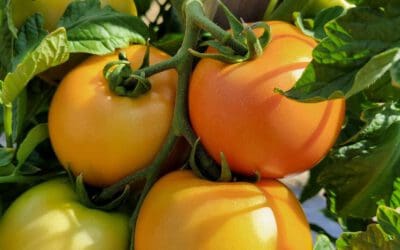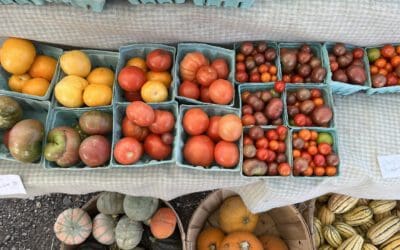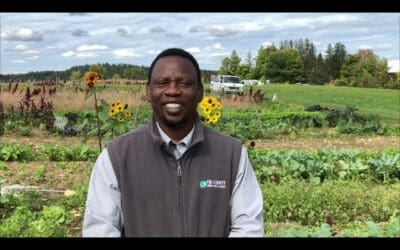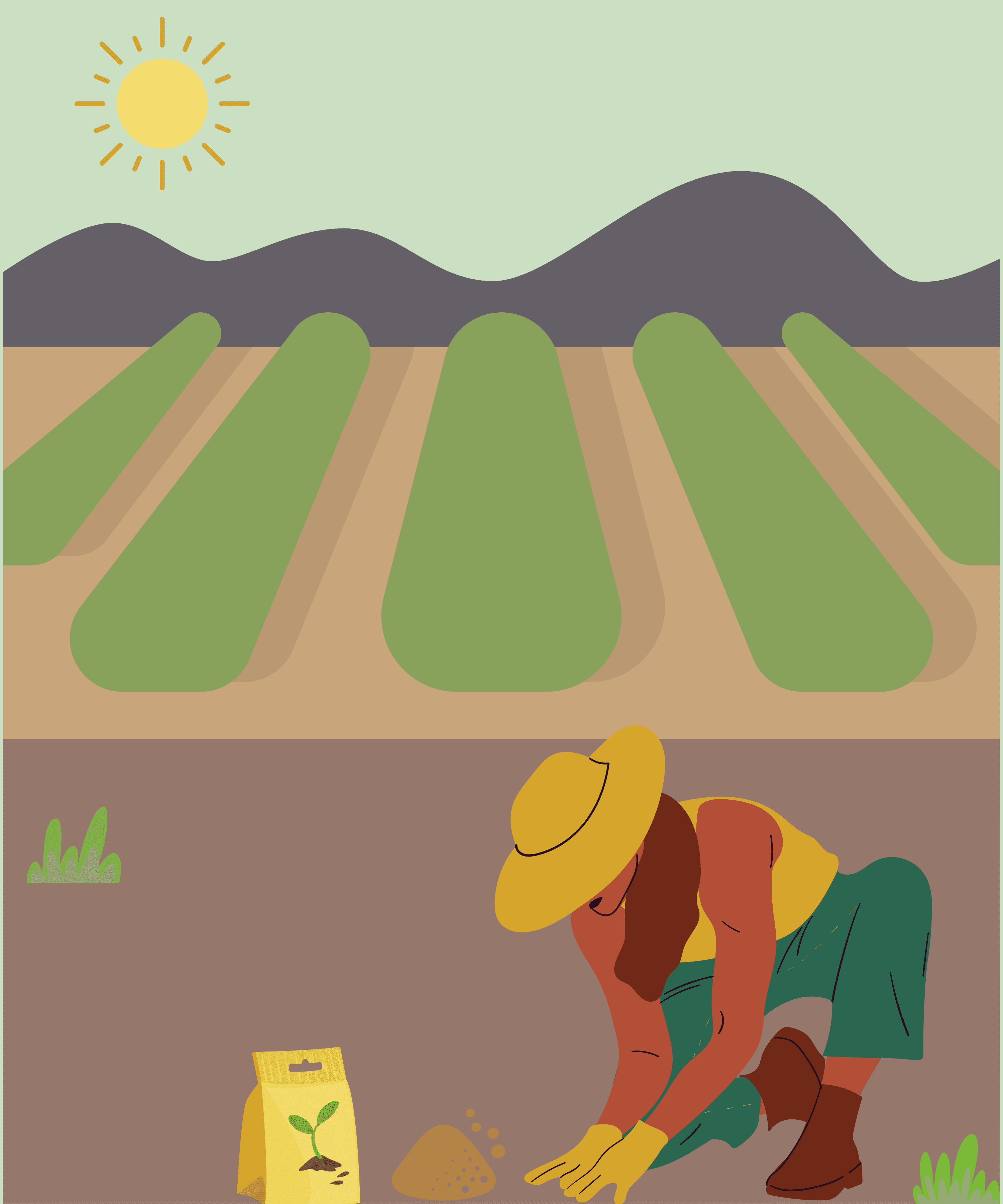
Increase Land Justice
Increase equitable access, ownership, and preservation of land to grow food in Lewiston Auburn and surrounding communities
The Big Why
While Lewiston Auburn is the second largest metro area in the state, the dense urban downtown area quickly gives way to farmland within city limits and into surrounding towns defined by their rich agricultural heritage. In fact, approximately 40% of Auburn’s land mass, or 20,000 acres is undeveloped land, much of which is prime farmland. Despite this, and the fact that Maine is both New England’s largest state and has the greatest concentration of undeveloped land, only 13 percent of the state is suitable for farming, according to the Maine Department of Agriculture, Conservation, and Forestry. As of 2022, approximately 1.2 million acres of land was in use for agriculture across roughly 7,000 farms. This is down from 1.4 million acres across 8,100 farms, a decrease of roughly 15% in farmland. Of the total farms in Maine, less than 1% are owned in full by Black and/or African descended farmers and less than 1% are owned by Wabanaki people. Conversely, an overwhelming percentage of Black, Indigenous, and other communities of color experience poverty and food insecurity at a rate that is nearly 2 to 4 times higher than that of the rest of the state; roughly 52% of New African immigrants are food insecure.
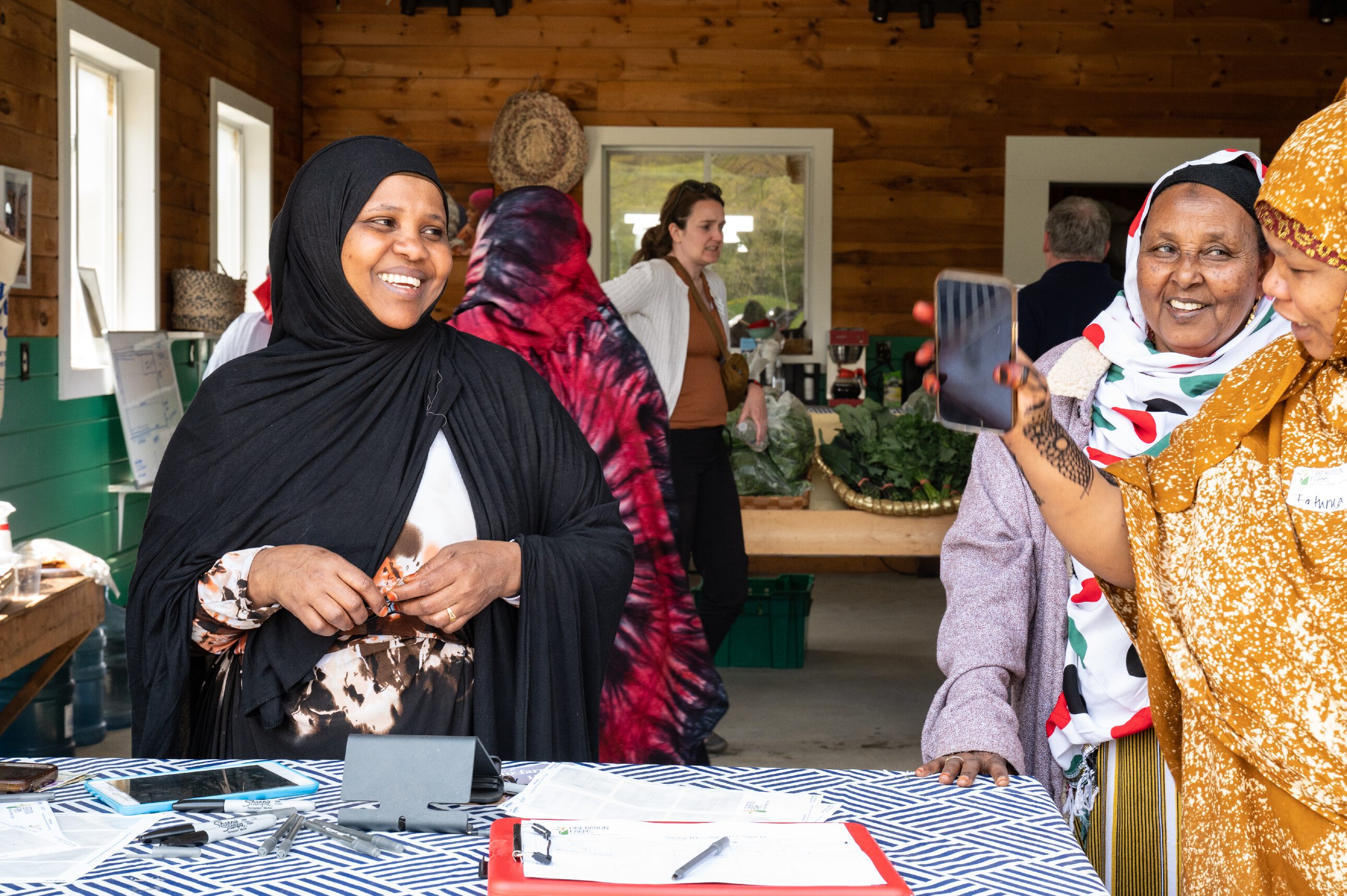
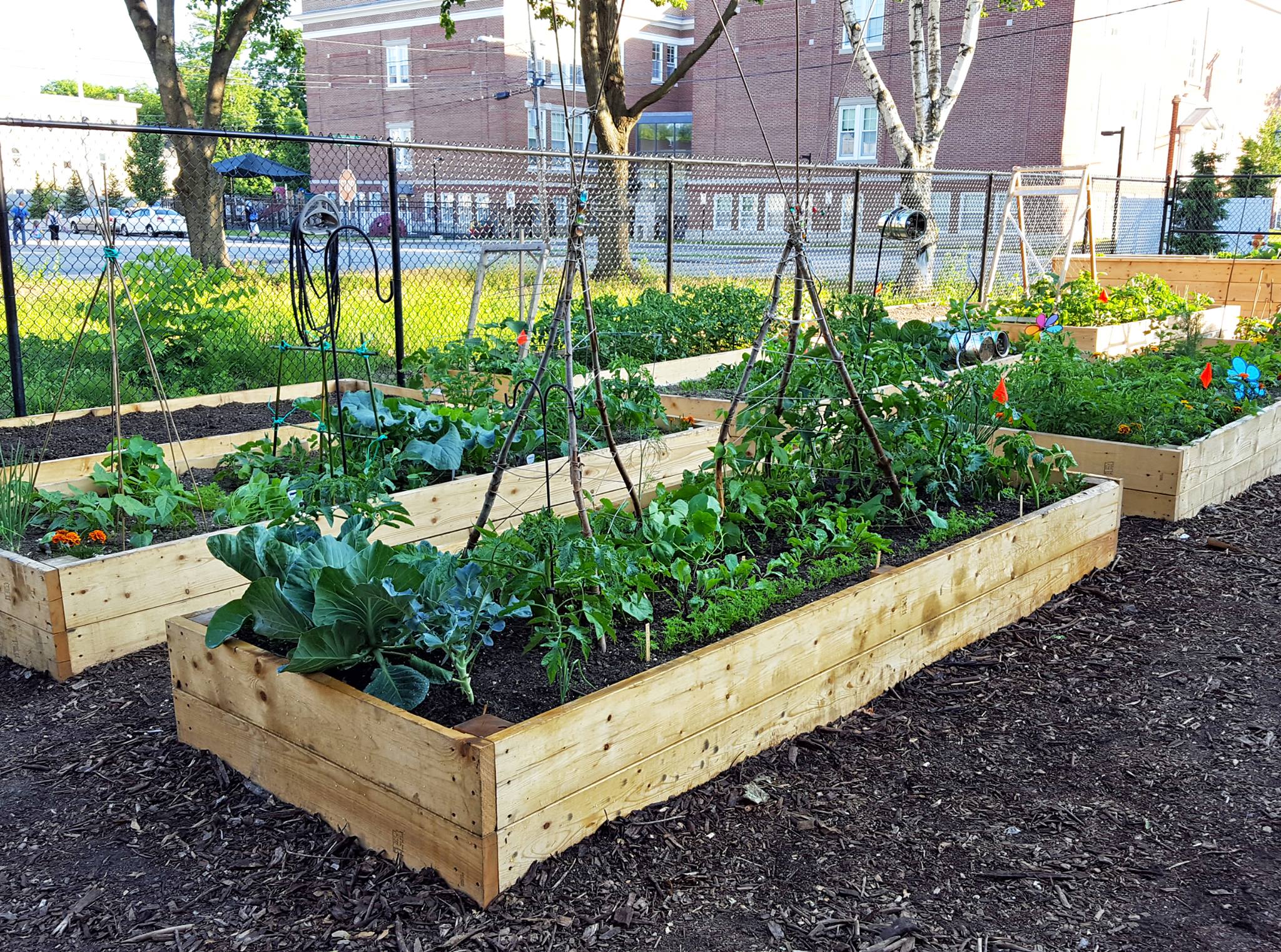
Access and ownership of land provides a direct positive correlation to people’s ability to build, generate, and pass on wealth as well as foster food self-sufficiency and preserve cultural heritage. Increasing equitable access and ownership to land for marginalized communities becomes a key strategy to reducing both poverty and food insecurity while simultaneously ensuring Maine’s viable agricultural lands are preserved and stewarded. It is also a mechanism to create balance and repair following the consequences of nearly four centuries of global colonization, slavery and the systematic eradication of indigenous people, which have led to both the greatest number of refugees the world has seen today along with the dire economic and health conditions that BIPOC communities continue to face worldwide. What is seen in Maine is a microcosm of what is currently a global reality.
For the last twenty years, some of this work has been undertaken in Lewiston Auburn through collaborative efforts between New American community leaders, community advocates, and nonprofit service agencies that have worked together to identify, access, and secure land, fostering the ability to farm at a market and subsistence level and providing greater food security and self-sufficiency while building livelihood and preserving culture. Whereas the state of Maine is more than 95% white, Lewiston Auburn is a unique community with a demographic profile distinct from much of the rest of the rural state. 22% of Lewiston’s population are people of color and 15% are refugee/immigrants, and in Auburn, roughly 15% identify as people of color. Many within Lewiston Auburn’s African refugee community have deep agricultural heritage and a desire to grow food for their families and communities. Farmer training programs such as the New American Sustainable Agriculture Program (NASAP), now part of Cultivating Community, served as an early catalyst to connect New American African agricultural communities to land, resources, training, and tools to begin farming in the state.
Many of the same farmers who began in that program along with advocates, and agency partners—the majority of whom live and farm in and around Lewiston Auburn—participated in the original Local Foods Action Plan Lewiston Auburn (LFAP LA) community process in 2019, helping to shape the ongoing work of land access and preservation into a goal. The first LFAP LA helped to capture the momentum behind land acquisition efforts of the Somali Bantu Community Association (SBCA) and New Roots Cooperative Farm, and provided opportunities to advocate, coordinate, and direct resources through a regularly convened Land Access Working Group. Over the life of the first iteration of the plan, both these groups officially secured land. In the case of SBCA this enabled their Liberation Farms agricultural program to provide land access and support to over 240 Somali Bantu farmers to grow independently and collaboratively on 104 acres in Wales, Maine. Similarly, New Roots Cooperative Farm, a Somali Bantu cooperative farm business was able to secure and complete the purchase of 30 acres of their farmland. Both farms provide retail and wholesale farm products to the greater Lewiston Auburn community and across the state. While the LFAP LA update process was underway a multi-generational family farm, OK Community Farm, was able to fundraise enough funds for a downpayment on a farm in Wales, Maine adjacent to Liberation Farms.
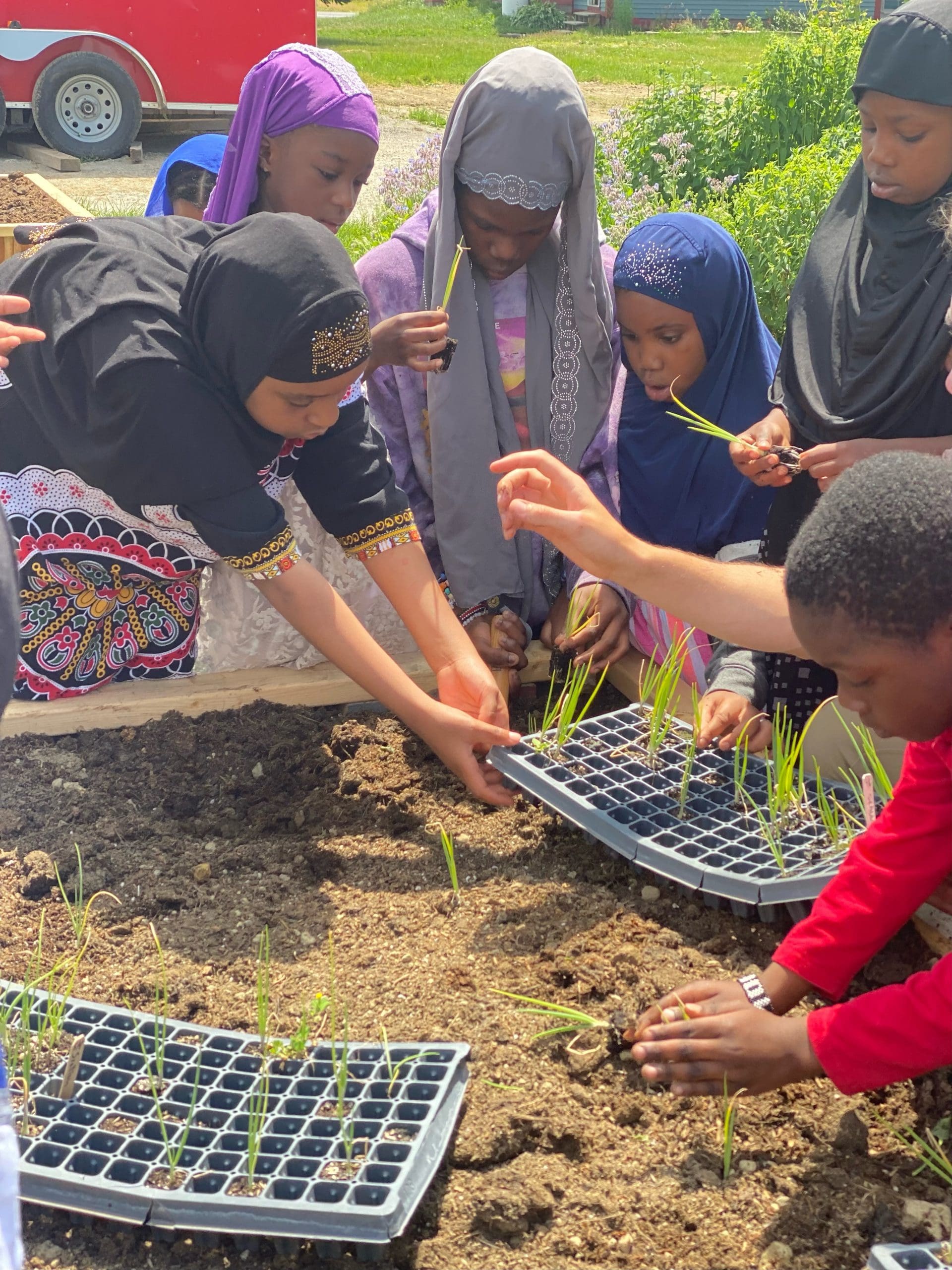

Despite these successes, this work has only begun in earnest in Lewiston Auburn and more is needed to both reduce the impact of food insecurity and ensure justice and equity continue to be integrated into land access and preservation efforts. Moreover, communities of farmers who are actively interested in and seeking land for subsistence and market farming continue to emerge. These farmers face the same challenges of accessing land and markets; challenges that are particularly exacerbated by language and cultural barriers and limited access to capital. Long-term and flexible access to land and agricultural infrastructure (for training, incubator plots, and program graduates) is an ongoing need. The updated LFAP LA will continue to bring together members of the Land Access Working Group with a focus on securing resources for dedicated personnel to support land access efforts in greater Lewiston Auburn. An additional goal is to cultivate a deeper understanding of Black/African American and Wabanaki-specific land access and food sovereignty needs and goals across greater Lewiston Auburn. This would be followed by establishing a clearer strategy for allyship and alignment with groups and efforts. The outcome would be to ensure truer reparations and balance for historically marginalized communities who have experienced generational land theft and displacement.
Finally, in addition to equitable land access and preservation for the purposes of market and subsistence farm purposes, LFAP LA Leads will be working to ensure that land historically used as community gardens in the urban core of Lewiston Auburn is preserved in perpetuity. Currently, Lewiston Auburn is home to a network of 12 urban community gardens hosting approximately 200 garden plots. These community gardens support approximately 170 households of primarily low income and from diverse communities in growing food for themselves and their families. This network of gardens and related educational programming and technical assistance is supported and led by the Nutrition Center, having evolved from the first community garden built in 1999. The sites that host the gardens are secured through temporary, generally multi-year use agreements with key partners such as the City of Lewiston, City of Auburn, the Lewiston Housing Authority and Bates College. Of all the garden sites, no site is either explicitly owned or set aside in trust to ensure future use as a community garden. Community gardens foster critical cross-cultural community building and engagement, individual empowerment, and deepen connection to land, place and the health of oneself and family. Moreover, they offer an important regular supply of food during the height of the growing season, helping to minimize the impact of food insecurity. A long term solution is needed to ensure these vital and vibrant community spaces are secured in perpetuity for growing food and community. LFAP LA Leads will be working together with partners and land holders to identify viable pathways for securing existing community gardens or comparable land in the Cities for future garden sites.
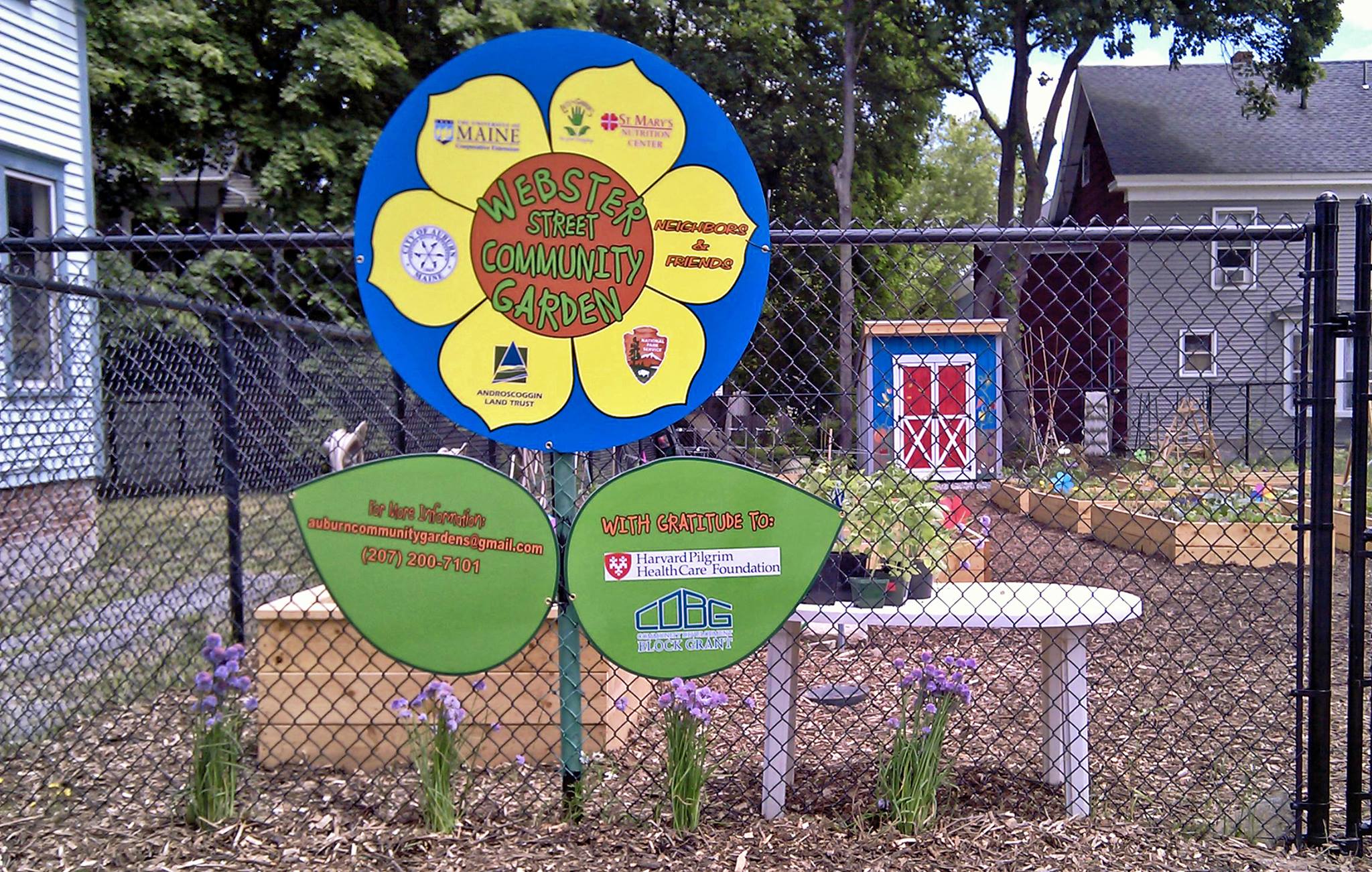
The Actions We Will Take
This goal is active and progress is being made towards achieving it.
This goal is active and progress is being made towards achieving it.
Finding Hope & Resilience During Turbulent Times
Visions for a Thriving Resilient Food System for Lewiston Auburn
Over the course of the plan being updated, partners, stakeholders, and community members were invited to share their vision for a Thriving, Resilient Food System in Lewiston-Auburn. The visions shared by our community include: Lewiston Auburn has a resilient, robust...
Securing Land to Grow Food in LA
Muhidin Libah, of the Somali-Bantu Community Association (SBCA), shares about work SBCA has been doing to advance the community-driven goals and actions in the Local Foods, Local Places Action Plan for Lewiston-Auburn. Specifically, SBCA has been advancing Goal 4:...
